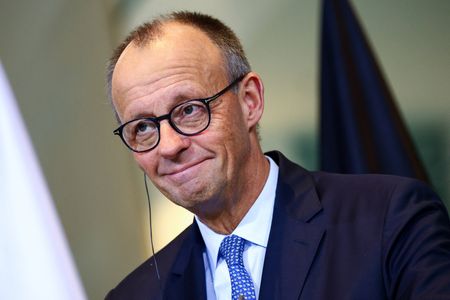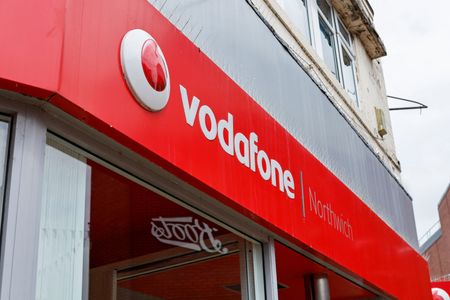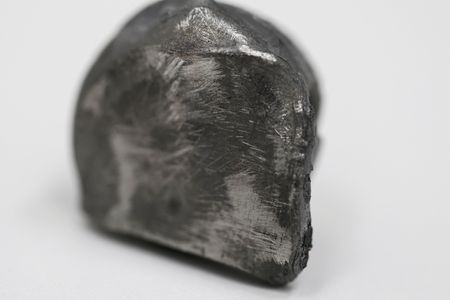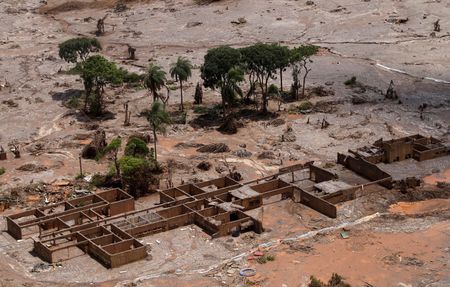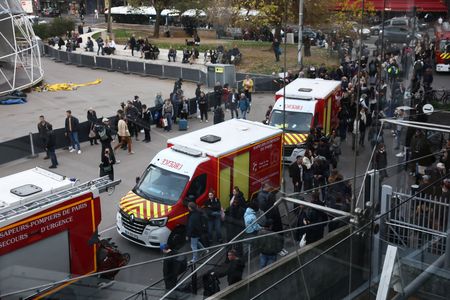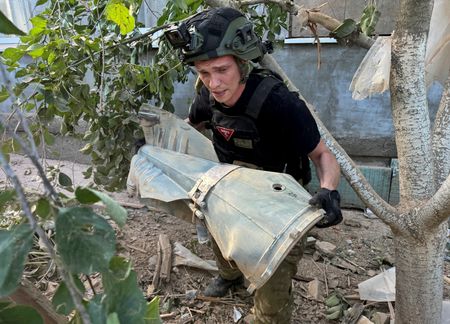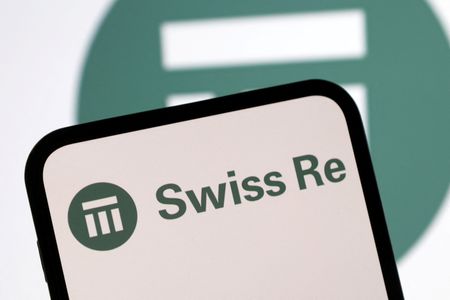By Mark Trevelyan
(Reuters) -Belarusian President Alexander Lukashenko pardoned 15 prisoners on Friday in what state media called a humanitarian gesture, two days before an election in which he is set to extend his 31-year rule.
Lukashenko, a close ally of Russian President Vladimir Putin, is assured of winning a seventh five-year term on Sunday.
State media said Lukashenko pardoned eight people convicted of extremist activity and seven sentenced for drug crimes. It did not give any names.
The exiled opposition says Sunday’s vote is a meaningless pretence because all leading critics have been jailed or forced to flee, and independent media have been banned and blocked.
EU foreign affairs spokesperson Anitta Hipper told reporters: “This is an exercise that is totally undemocratic. The elections are a total sham. And they’re not elections when you already know who will win.”
Belarus this week accused European politicians of meddling by condemning the vote before it happened.
Lukashenko, 70, faces four other candidates, but none has presented any serious challenge or criticism. He has said he is too busy to keep track of the election campaign, but offered a sweetener to voters this week by announcing that pensions would rise by 10% from Feb. 1.
Political analysts say the veteran leader is hoping to use the election and successive batches of prisoner releases to try to repair relations with the West, which has imposed waves of sanctions on Belarus over its human rights record and support for Russia’s war in Ukraine.
His efforts have become more urgent, they say, as he contemplates the likelihood of Ukraine peace talks this year and tries to secure gains for himself and Belarus if the conflict ends.
PROTESTS FOLLOWED 2020 ELECTION
Mass protests nearly swept Lukashenko from power after the last election in 2020, when Western governments backed the opposition’s assertion that he falsified the results and stole victory from its candidate, Sviatlana Tsikhanouskaya.
He used his security apparatus to crush the demonstrations, arresting tens of thousands of people.
Since then, the EU and United States have refused to recognise him as the legitimate leader of Belarus. He denies vote-rigging and says it is the people who have chosen to keep him in power.
Lukashenko, addressing a mass rally in Minsk on Friday, said Belarusians had learned the lessons of those protests and similar demonstrations would not follow this election.
“We very nearly destroyed ourselves, let’s be open about this,” Lukashenko told the rally in a video on the website of state news agency BelTA.
“…We will never repeat what happened in 2020.”
Human rights group Viasna, which is banned in Belarus as an extremist organisation, says there are about 1,250 political prisoners, even after the release of more than 250 in the past year. Many of those freed were sick, elderly or close to the end of their sentences.
Lukashenko denies there are any political prisoners.
Tsikhanouskaya, the head of the exiled opposition, told Reuters in an interview this week that Lukashenko was playing his “usual game” of drip-feeding prisoner releases in the hope of winning rewards from the West.
“What in the democratic world you call elections has nothing in common with this event in Belarus. Because it’s mostly like a ritual for dictators, when they are reappointing themselves,” she said.
In street interviews in the capital Minsk, residents responded cautiously when asked what they expected from the election.
“Same as before, same as it always went. What’s there to think about?” said one woman, who declined to give her name.
(Reporting by Mark Trevelyan, Editing by Timothy Heritage, Rod Nickel, Ron Popeski and Cynthia Osterman)





